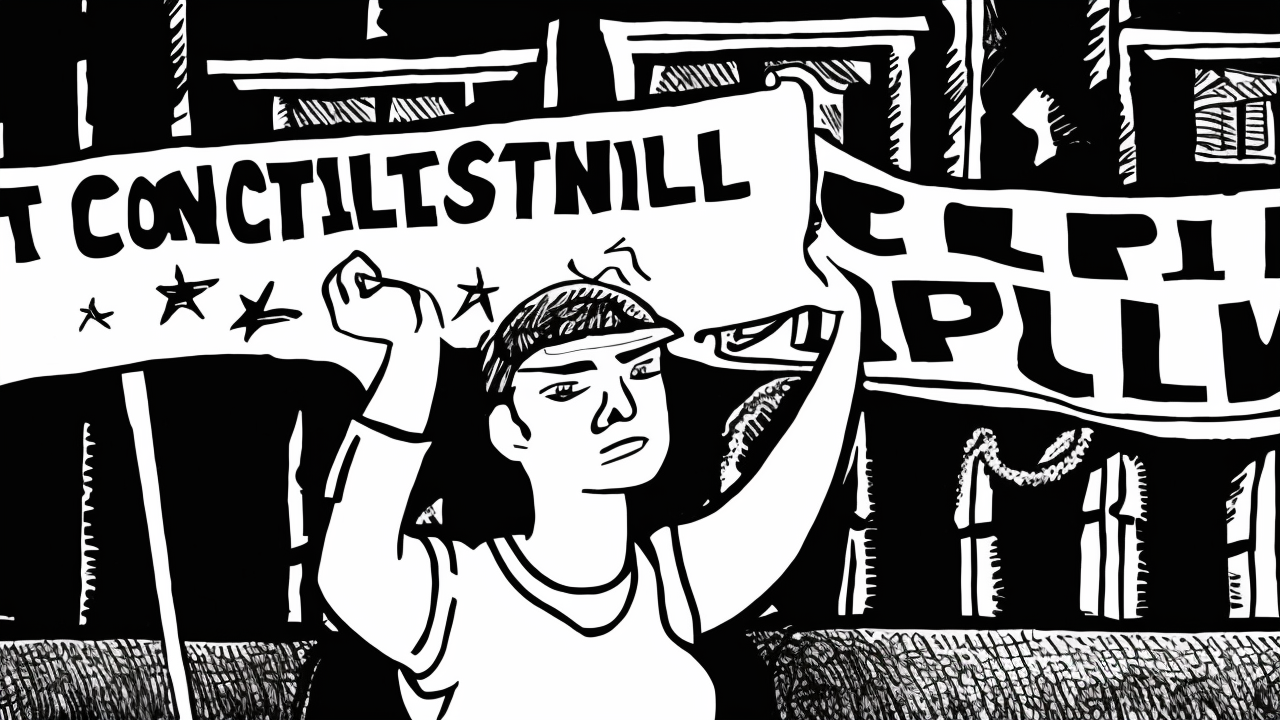Apple Removes ICEBlock Tracking Apps Amid Government Pressure
Apple has taken decisive action by removing ICEBlock and similar apps from its App Store, following pressure from the Trump administration. These apps enabled users to anonymously report sightings of U.S. Immigration and Customs Enforcement (ICE) agents, sharing details about their locations and appearances. Apple acted after receiving concerns from law enforcement about potential safety risks associated with the apps.
U.S. Attorney General Pamela Bondi confirmed the removal, stating, "ICEBlock is designed to put ICE agents at risk just for doing their jobs, and violence against law enforcement is an intolerable red line that cannot be crossed." The decision comes amid heightened tensions over immigration policies, especially after a recent shooting at an ICE detention center in Dallas, where two detainees were killed and one injured. The FBI linked the gunman's actions to apps tracking ICE agents.
Despite claims that ICEBlock does not collect user data, the government argues that such apps endanger federal workers by exposing their locations and identities. The Justice Department has warned developers and media outlets about potential legal action, highlighting the administration's commitment to protecting law enforcement.
This move underscores the ongoing debate between tech companies and government entities over app regulation and public safety. Apple's compliance with government requests reflects the complex balance between innovation and national security.
A Slippery Slope for Free Speech and Security
Apple's decision to remove ICEBlock and similar apps from its App Store, under government pressure, raises critical concerns about the balance between public safety and free speech. While the government rightly emphasizes protecting law enforcement, the outright removal of these apps sets a dangerous precedent that could erode fundamental freedoms.
ICEBlock and similar apps were designed to allow citizens to monitor and report ICE activities, often in response to concerns about overreach or abuse. By removing these apps, Apple has effectively silenced a tool that many use to hold the government accountable. This action sends a chilling message: that tech companies, under government pressure, can censor apps that enable public oversight of state actors.
The government's argument that such apps endanger ICE agents is valid, but its solution—banning them outright—is overly broad and counterproductive. Instead of removing these apps, the government should work with tech companies to address specific risks without stifling free expression. This approach would preserve innovation while ensuring public safety.
This decision also highlights a broader trend of government overreach in regulating technology. By pressuring private companies to police content, the administration risks creating a culture of censorship that could extend far beyond immigration issues. Tech companies must resist this pressure and uphold the principle that innovation and free speech are foundational to a free society.
In conclusion, while protecting ICE agents is crucial, the government's approach risks undermining the very principles of accountability and freedom it claims to uphold. A more balanced and nuanced solution is needed—one that respects both public safety and the rights of citizens to monitor and report on government actions.
Published: 10/3/2025

















